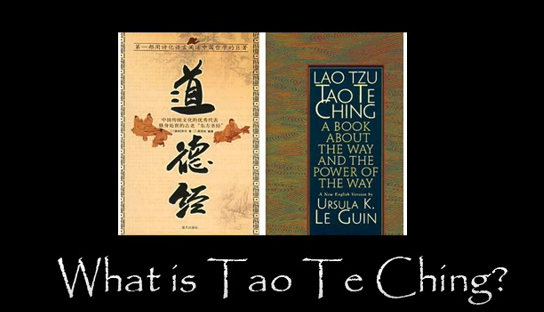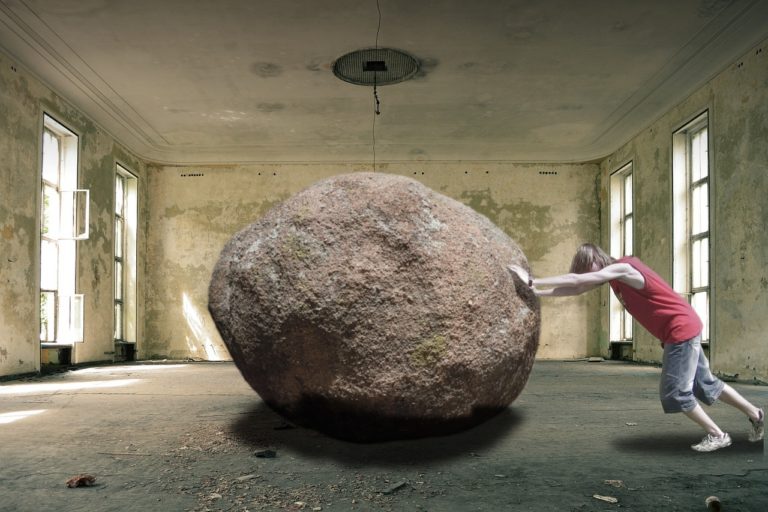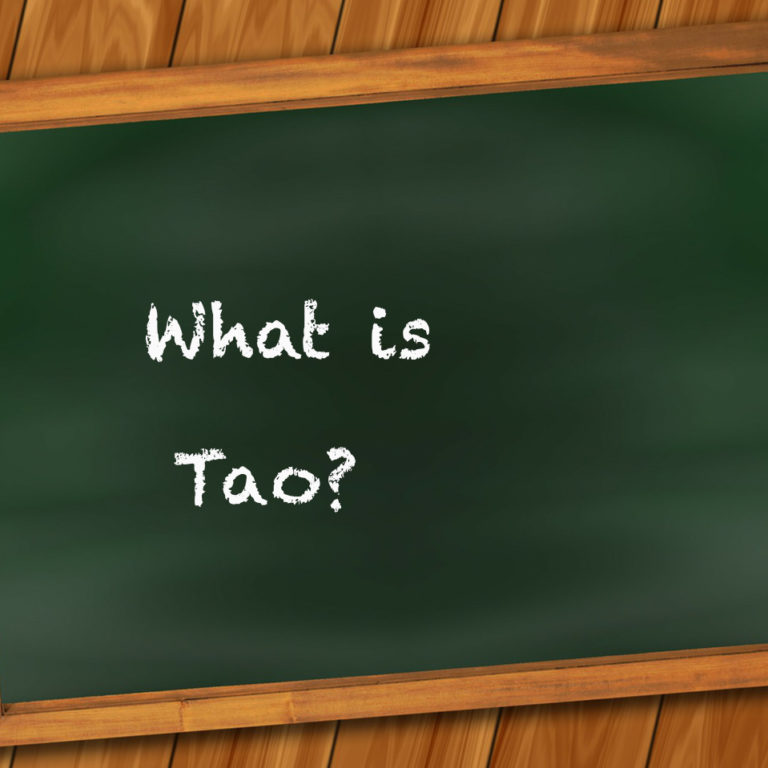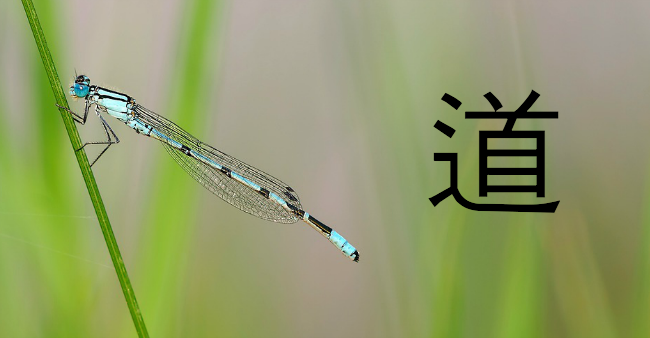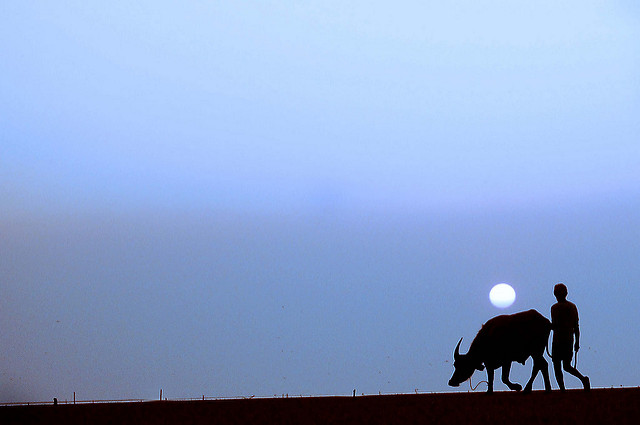
Lao Tzu constantly reminds us to return.
“Empty your mind of all thoughts.
Let your heart be at peace.
Watch the turmoil of beings, but contemplate their return.”
– Lao Tzu Tao Te Ching Chapter 16
This is a difficult but all-important question. Here I’m offering my view for your reference.
While it is hard to pin it down to a precise answer, we may see the ‘destination’ of the return to be our source. This is the source where we were from and, very likely, where we are going to return to. In a way, it is our past and future.
The source is not exactly a place in the terrestrial sense. If we see Tao as an energy, then the source is in the form of energy. This is where you would find your true self, and where your true-self integrates with the universe hand-in-glove. This energy is there and will be there — not going to be destroyed, as energy cannot be destroyed.
This explains what Lao Tzu says, “He who does not lose his center endures. To die but not to perish is to be eternally present.” The ‘center’ ultimately is the source, and if you do not lose the centre, you keeps your vitality even after your death.
Ideally you should be in oneness with the source where your true self can be found, although this is rarely the case. It takes constant probing and shaping of your character to attain that. Some people see their life as a journey to find out what it is.
This explains why it is not uncommon for us to feel conflicts between our self and our true self. You can be very successful business man, for example, but deep in you there seems to be a conflict between who you are and what you actually are. The messages from your true self is sometimes described as a ‘calling’, which keeps coming back to you even when you try to ignore it.
Such conflicts are a norm, and it provides you with the opportunity to find out your true self. In addition, it offers you the moments to mould your ’self’. As being your current ‘self’ takes you to the present, and the present is the only sphere of time you are somehow in control so as to make adjustments to stay close to your true self.
If you can eventually attain the harmony between your current ‘self’ and the true self, then you are living your present with your future and the past as one. This is what Lao Tzu described as ‘oneness’, where you find delightful balance and serenity.
With the balance and serenity, you are happy. So happiness comes naturally when there is oneness, and it is from the internal communication with your source. This explains why you don’t have to rely on external possession like wealth and fame to be happy. Neither is external possession a guarantee for your happiness.
Your true happiness is in you living the true meaning of your life, and this true meaning of life can only be found by constantly ‘returning’ to the source, and attaining oneness with the source.
Thanks to Nurus Salam for the picture.


